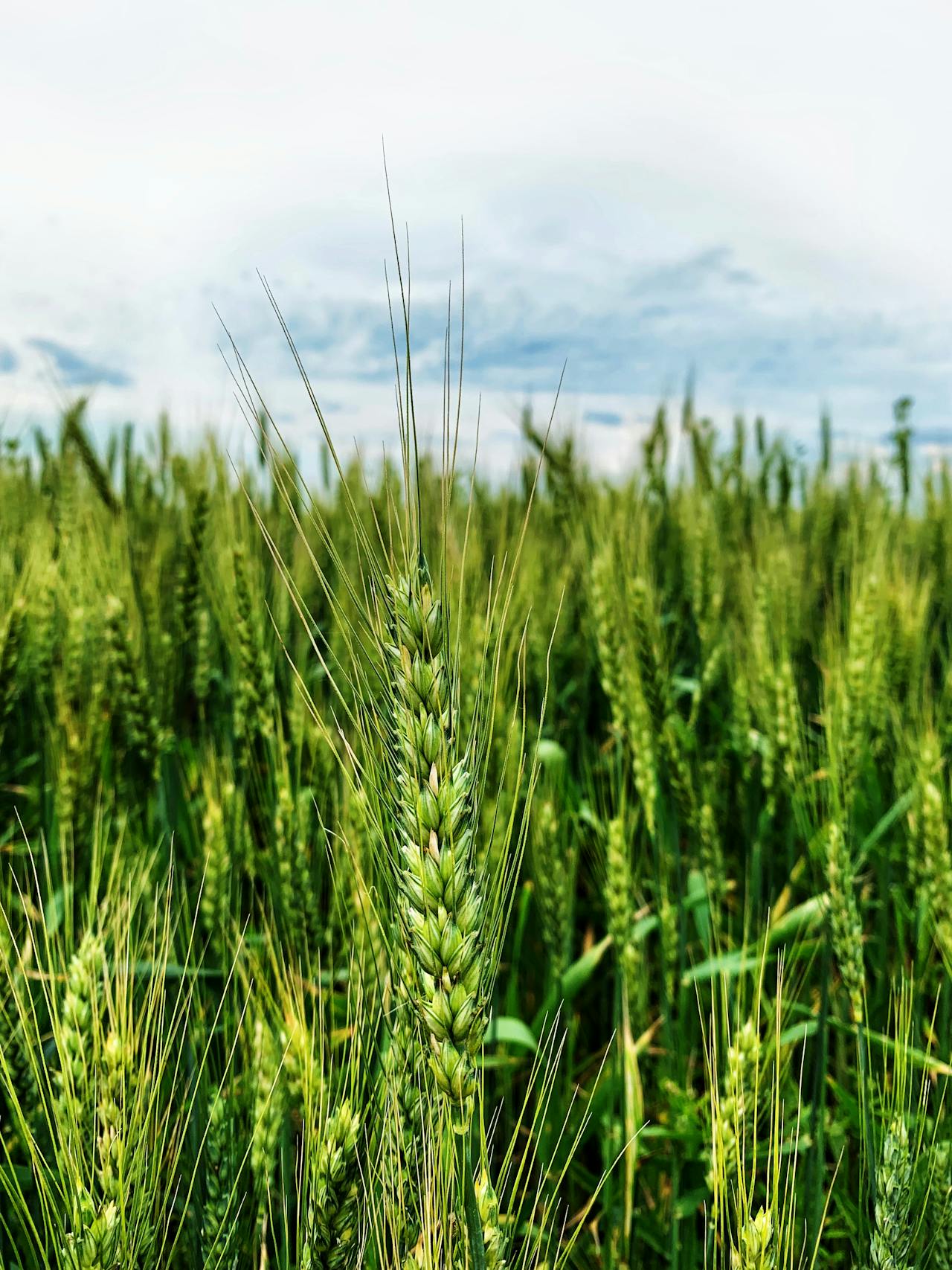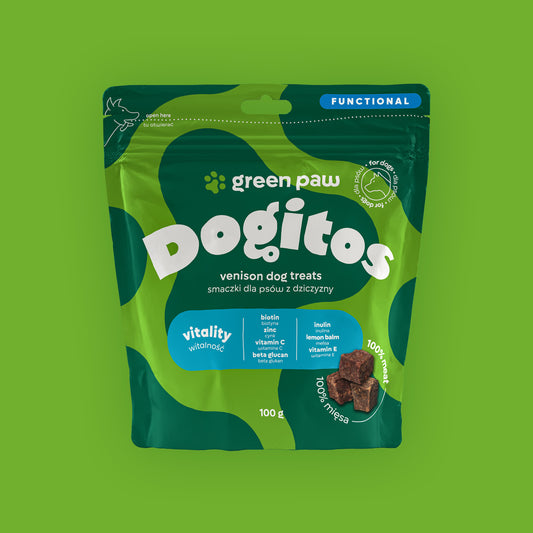
Beta 1,3/1,6 Glukan
Beta-glucans belong to the group of polysaccharides (polysaccharides). They are one of the components of dietary fiber, which occurs in the cell walls of fungi, yeast, cereals and algae.
Beta-glucan is a fraction of dietary fiber, which after consumption is digested by certain species of intestinal bacteria. It occurs in the cells of some types of yeast, such as Saccharomyces cerevisiae, in the cells of algae, e.g. spirulina platensis, in fungi and plants, such as oats and barley. Depending on the type of glycosidic bonds, we distinguish between beta-glucan isomers: 1,3/1,6 insoluble in water and 1,3/1,4 isomer - soluble in water and present in unprocessed products, such as yeast, oat and barley bran.
Beta-glucan plays a key role in supporting the immunity of animals. It is recognized by special receptors of the immune system, which stimulates the activity of macrophages, dendritic cells and neutrophils, which are the first line of defense against infections. Through this activation, beta-glucan strengthens the body's natural defense mechanisms, helping to fight pathogens. By modulating the immune response, it can also reduce inflammation, which is particularly beneficial in the treatment of autoimmune diseases and allergies. Beta-glucan is therefore a valuable addition to the diet of animals, supporting their health and immunity.
Beta 1,3/1,6 Glukan can be found in:
-
Dogitos Vitality
Vendor:WitalnośćRegular price 19,99 zlRegular priceUnit price / per19,99 zlSale price 19,99 zl






